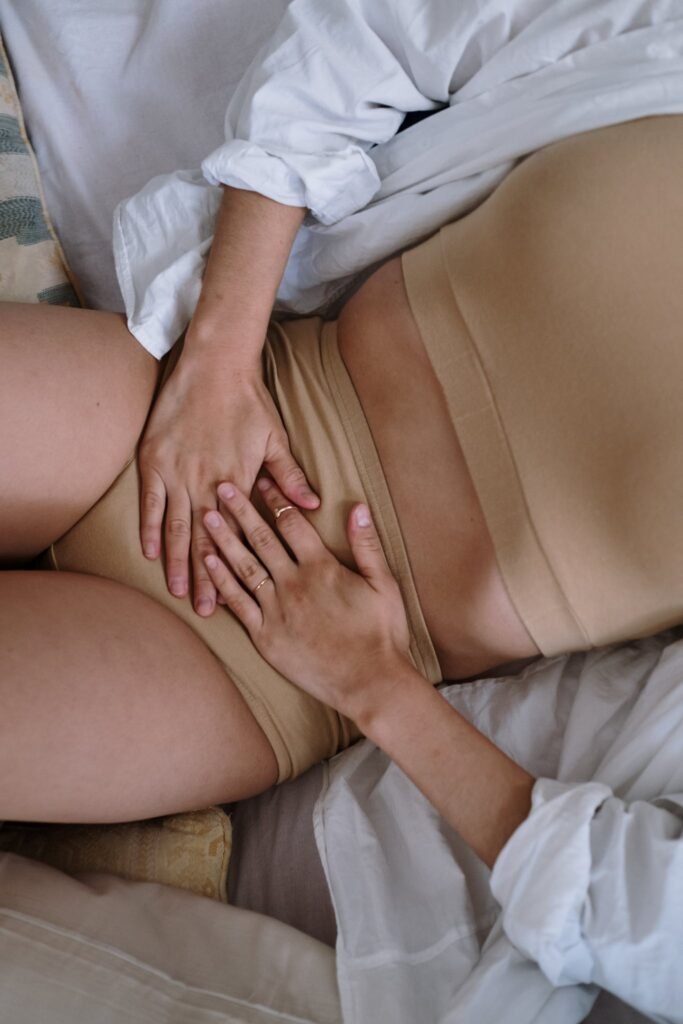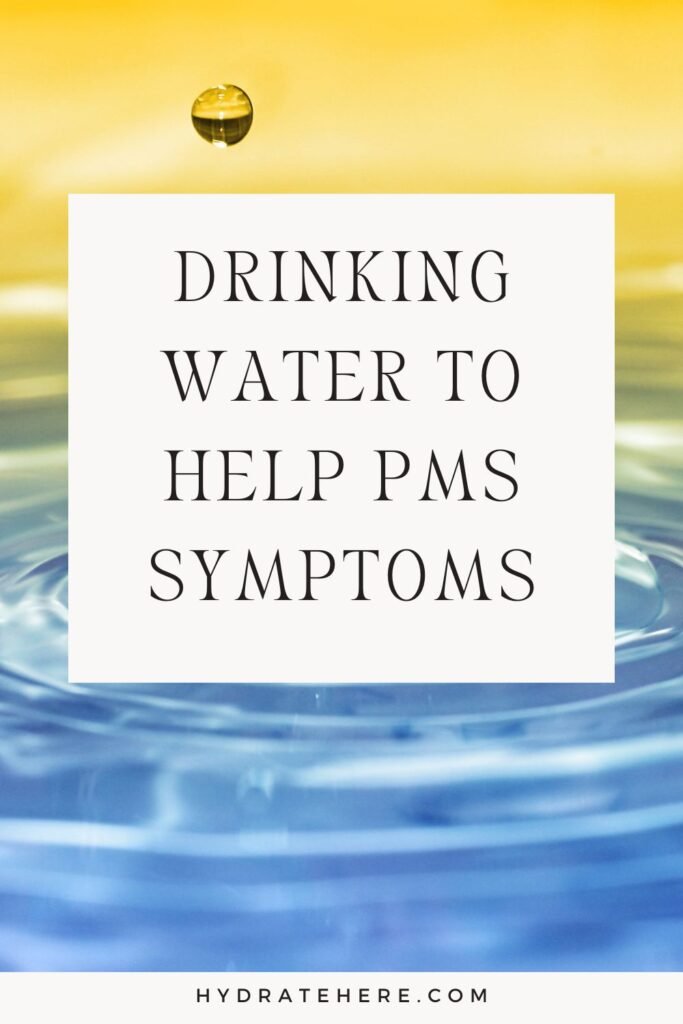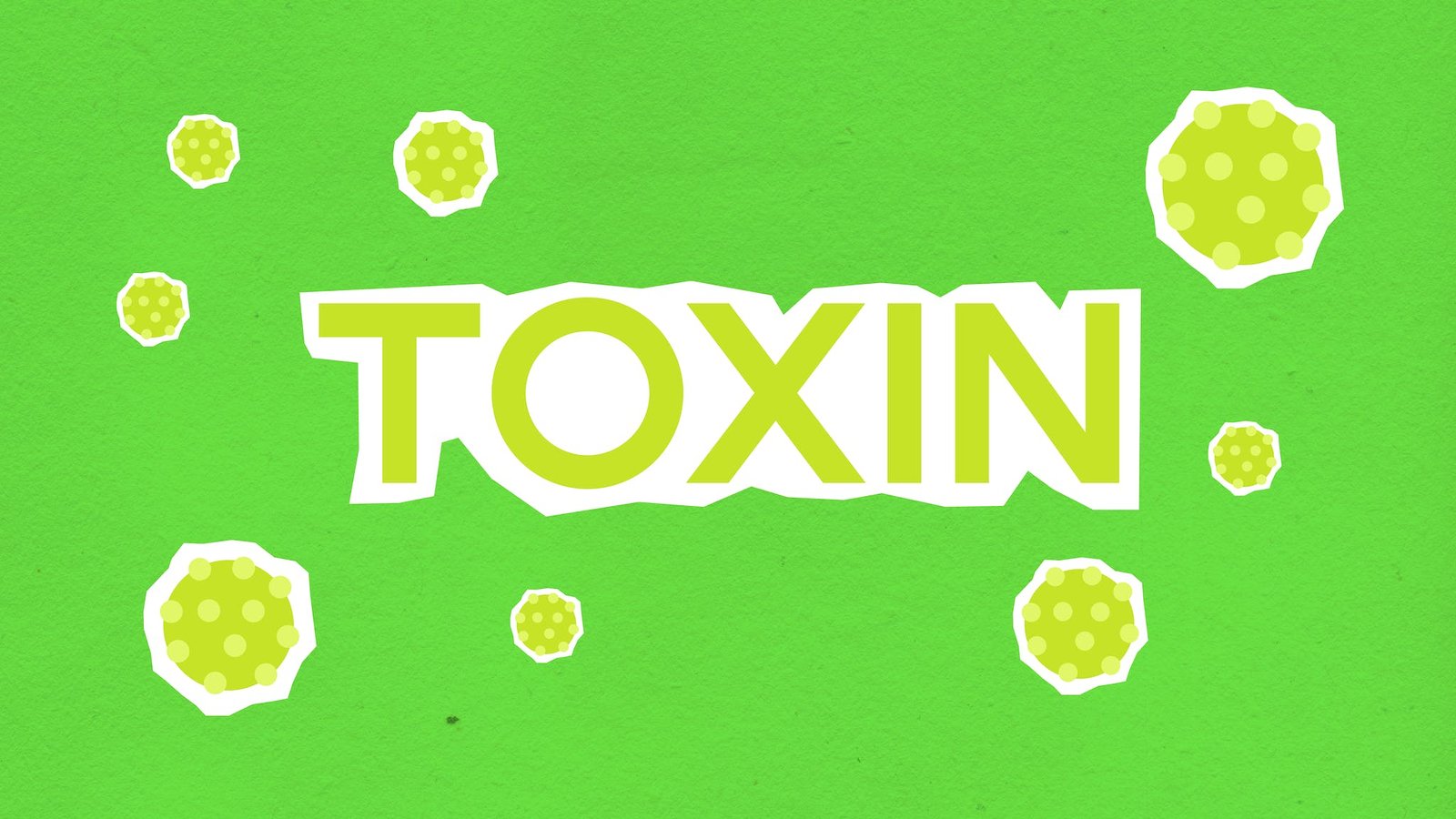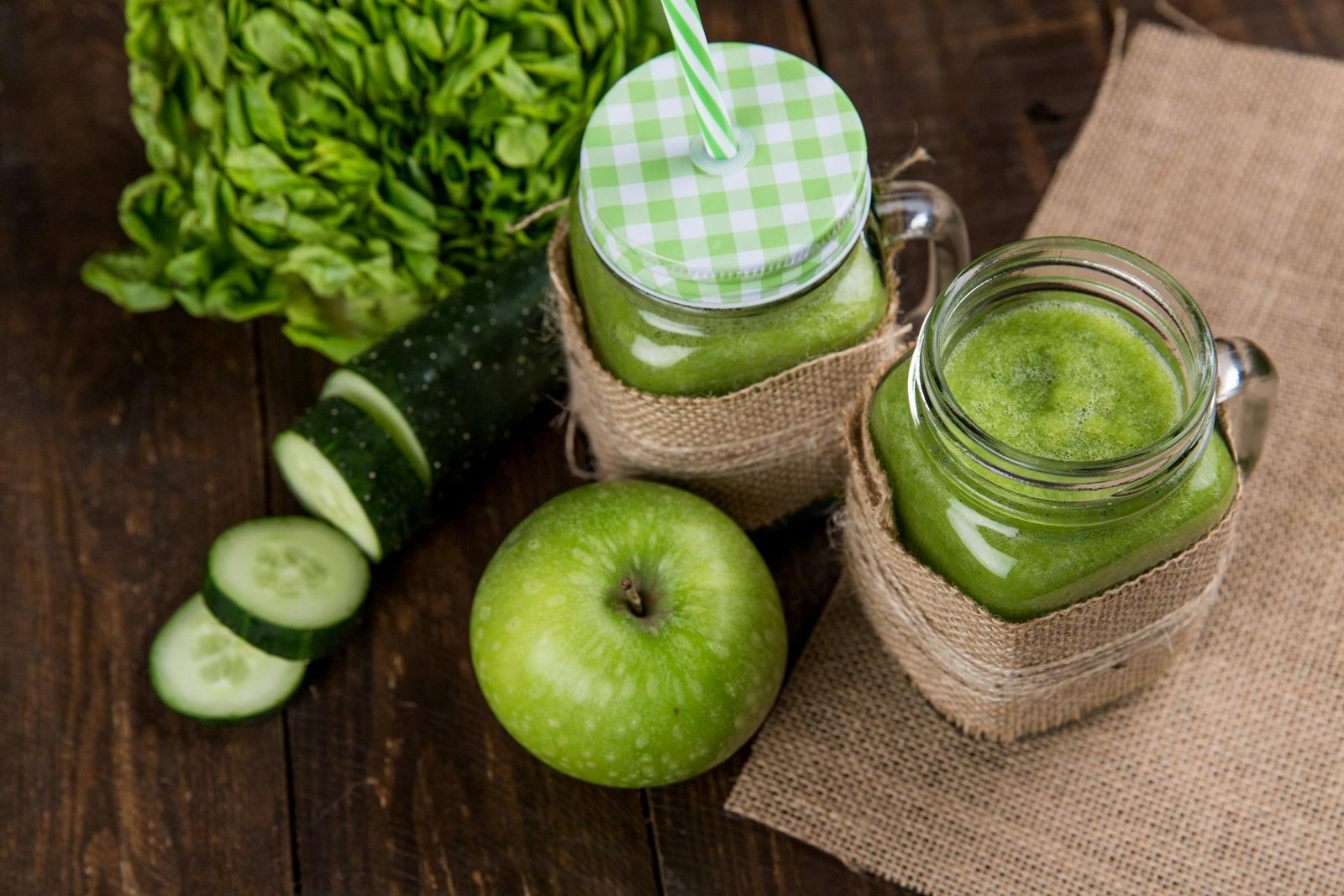Drinking Water to Help Alleviate PMS Symptoms
There are some affiliate links below, but they are all products I highly recommend. For more info, view my disclosure here.
That time of the month got you down? Before you curl up with a pint of ice cream, reach for a tall glass of water instead!
Proper hydration is your secret weapon against the wrath of PMS. The right water intake can kick cramps and bloating to the curb and balance your mood and hormones.
We’re here to unlock the power of water for period symptom relief. Learn how increasing your H2O helps alleviate discomfort month after month.
From timing to tweaking your tastes, we’ve got tips to help you hydrate your way to a happier cycle. Wave goodbye to PMS woes and welcome water as your new BFF! Come explore the magic of proper hydration for the ultimate period relief.

The Importance of Hydration for PMS Relief
Staying hydrated is key for relieving PMS symptoms. When you experience PMS, your body goes through hormonal changes that can lead to water retention and bloating. By drinking enough water, you can help flush out excess fluids and reduce bloating.
Water also helps to alleviate other common PMS symptoms such as fatigue, headaches, and mood swings. When you’re dehydrated, your body can become more prone to headaches and fatigue, which can further worsen your PMS symptoms. By staying hydrated, you can help combat these symptoms and feel more energized.
Additionally, drinking water can help regulate your body temperature and improve circulation, which can help relieve cramps and muscle aches associated with PMS. It’s important to aim for at least 8 glasses of water per day, but you may need more if you’re physically active or if you experience severe PMS symptoms.
How Drinking Water Can Reduce Cramps
You can significantly reduce cramps by increasing your water intake. When your body is dehydrated, it can lead to muscle cramps and spasms. By drinking enough water throughout the day, you can help prevent these painful cramps from occurring.
Water plays a crucial role in maintaining the balance of electrolytes in your body. When you’re dehydrated, the electrolyte levels can become imbalanced, causing muscle cramps. By drinking enough water, you can ensure that your body has the necessary hydration to keep these electrolytes in check and reduce the likelihood of cramps.
Additionally, water helps to flush out toxins from your body. When toxins build up, they can cause inflammation and contribute to muscle cramps. By drinking plenty of water, you can aid in the detoxification process and reduce the risk of cramps.
Staying hydrated also helps to improve blood circulation. When your body is properly hydrated, your blood can flow more efficiently, delivering oxygen and nutrients to your muscles. This improved circulation can help to alleviate cramps and promote overall muscle health.

Alleviating Bloating With Increased Water Intake
When you’re feeling bloated, increasing your water intake can provide relief and improve digestion. Bloating is a common symptom that many people experience, often caused by excess gas or fluid in the digestive system. By drinking more water, you can help alleviate this uncomfortable sensation and promote better digestion.
Water helps to flush out toxins and waste products from your body, which can contribute to bloating. When you’re dehydrated, your body tends to retain water, leading to bloating and discomfort. By increasing your water intake, you can help your body flush out the excess fluids and reduce bloating.
Additionally, drinking water can help to improve digestion. It helps to soften and break down food, making it easier for your body to absorb nutrients and eliminate waste. When you’re properly hydrated, your digestive system functions more efficiently, reducing the likelihood of bloating and other digestive issues.
To make the most of the benefits, it’s important to drink water throughout the day. Aim for at least eight glasses of water, and consider sipping on water before and after meals. Remember, staying hydrated is key to relieving bloating and improving digestion.
Hydration as a Mood Stabilizer During PMS
Increasing your water intake can help stabilize your mood during PMS. Dealing with mood swings and irritability can be challenging, but staying hydrated may offer some relief. When you’re on your period, your body goes through hormonal changes that can affect your emotions.
Drinking enough water can help regulate your mood and keep you feeling more balanced. When you’re dehydrated, your body goes into survival mode, which can exacerbate PMS symptoms. By increasing your water intake, you can ensure that your body has enough fluid to function properly.
Hydration helps to flush out toxins and maintain a healthy balance of hormones, which can contribute to a more stable mood. Additionally, drinking water can also help reduce physical discomfort associated with PMS, such as headaches and cramps. Proper hydration can relieve bloating and water retention, which may contribute to feeling more comfortable and less stressed during this time.
Water for Hormonal Balance and PMS Symptoms
Staying properly hydrated can play a role in regulating your hormones and managing symptoms during PMS. When you’re dehydrated, your body becomes stressed and this can disrupt your hormone levels, leading to increased PMS symptoms such as mood swings, bloating, and fatigue. By drinking enough water, you can help restore hormonal balance and alleviate these symptoms.
Water is essential for the production and transportation of hormones throughout your body. It also helps to flush out toxins and waste products, which can contribute to hormonal imbalances. Additionally, staying hydrated can reduce water retention and bloating, making you feel more comfortable during your menstrual cycle.
Drinking water can also help with fatigue, a common symptom of PMS. When you’re dehydrated, your energy levels can drop, making you feel even more tired. By ensuring you’re properly hydrated, you can boost your energy and combat fatigue.
Tips for Incorporating More Water Into Your PMS Relief Routine
To incorporate more water into your PMS relief routine, try carrying a reusable water bottle with you throughout the day. This simple habit can help ensure that you stay hydrated and support your body’s natural processes. When you’ve a water bottle on hand, it serves as a constant reminder to drink more water. Plus, it’s convenient and environmentally friendly. You can easily refill it whenever you need to, whether you’re at work, running errands, or at the gym.
Make it a habit to sip water regularly throughout the day. Instead of waiting until you feel thirsty, take small sips of water at regular intervals. This helps to maintain hydration levels and prevents you from becoming dehydrated. You can also try infusing your water with fruits or herbs to add flavor and make it more enjoyable to drink.
Another way to incorporate more water into your PMS relief routine is by replacing sugary beverages with water. Instead of reaching for that soda or sugary juice, opt for a refreshing glass of water. Not only will this help to reduce your sugar intake, but it will also keep you hydrated and support your overall well-being.








